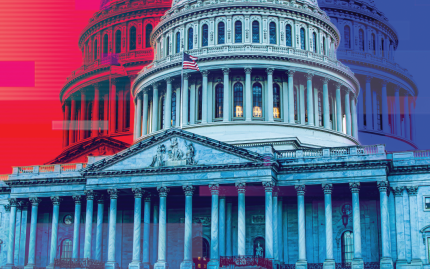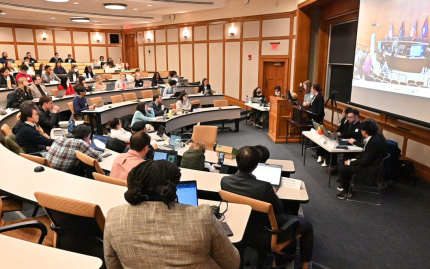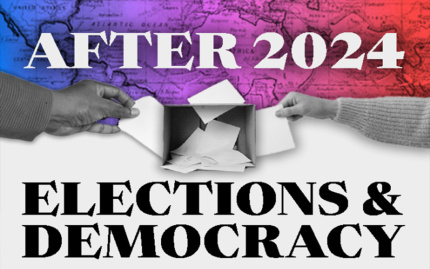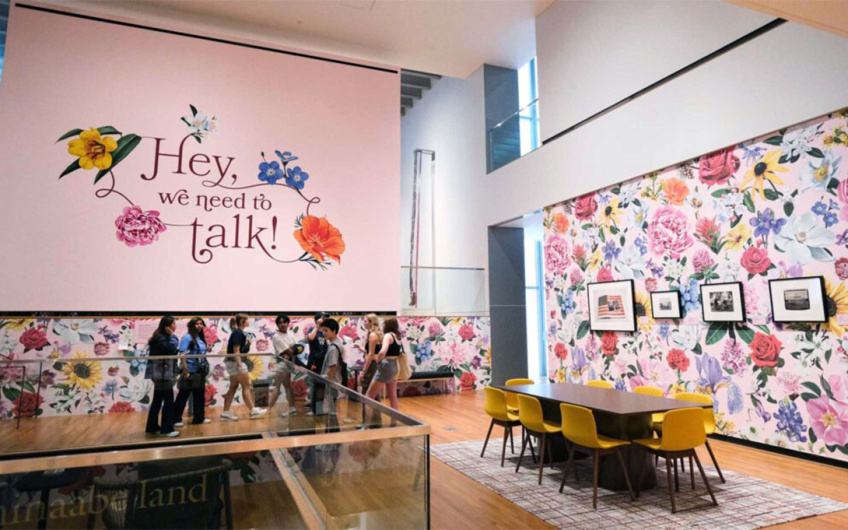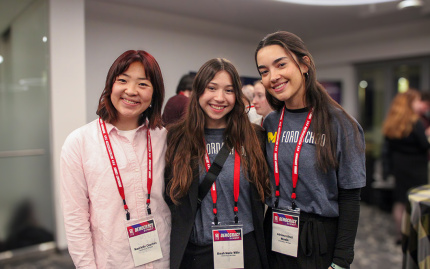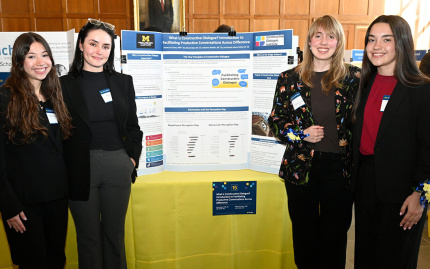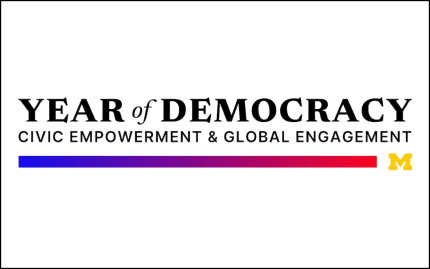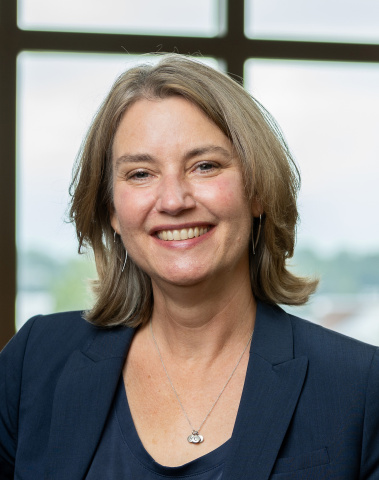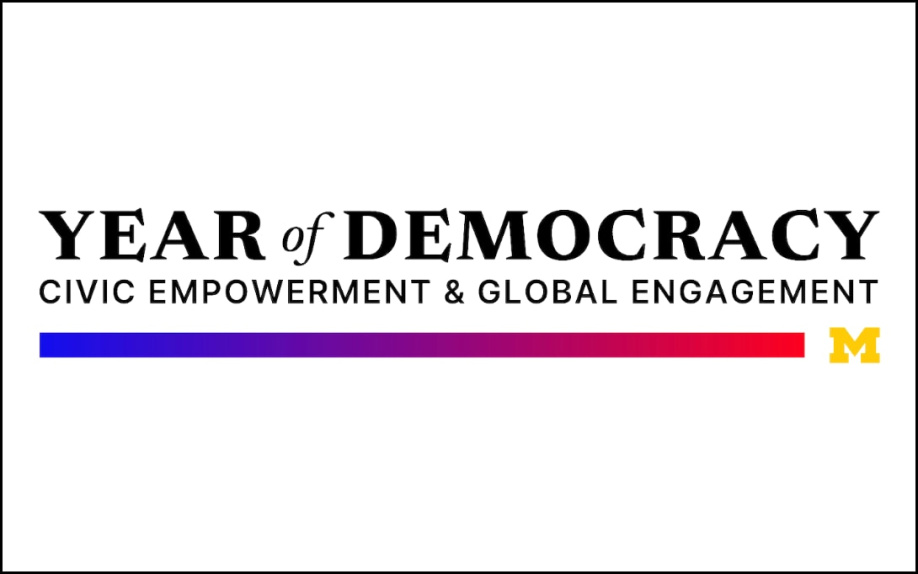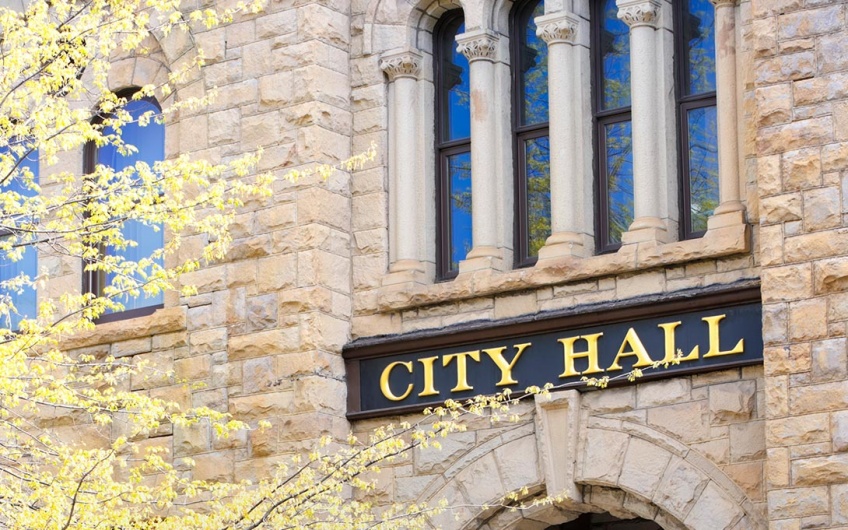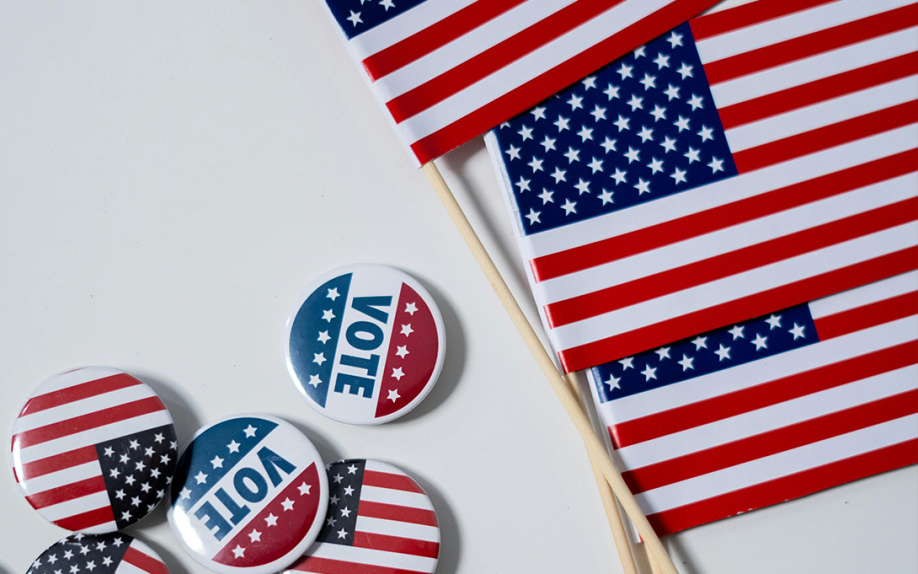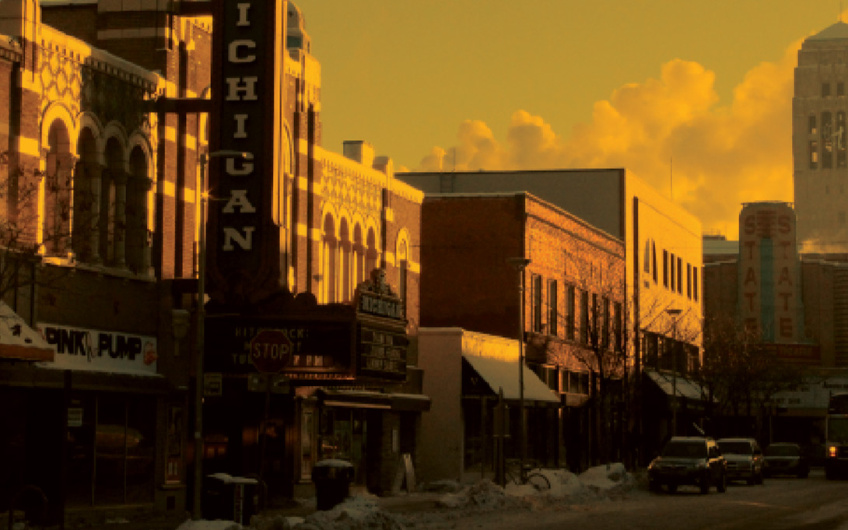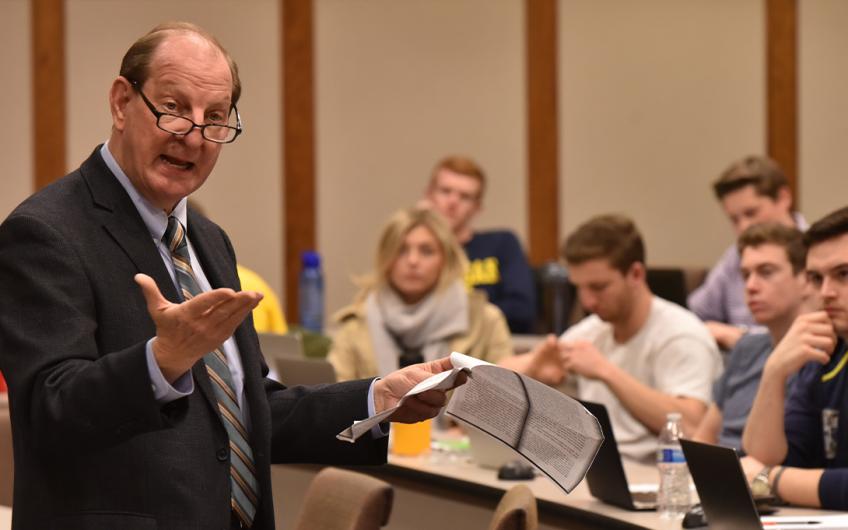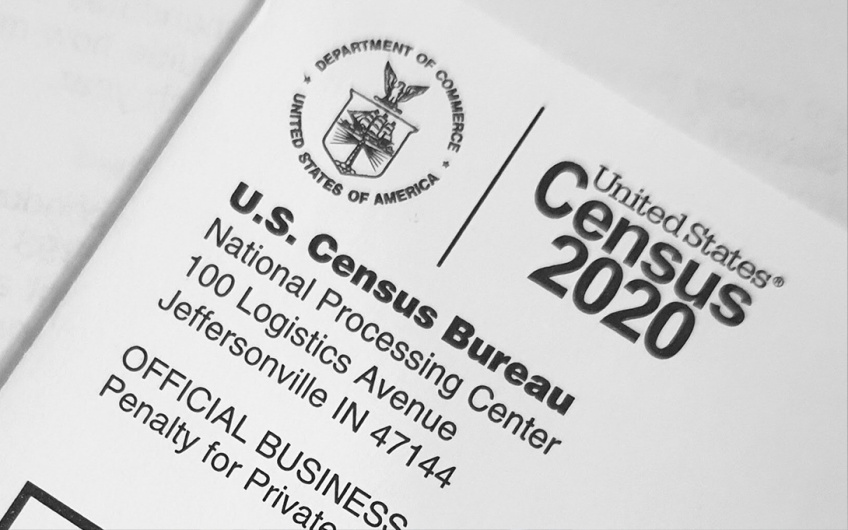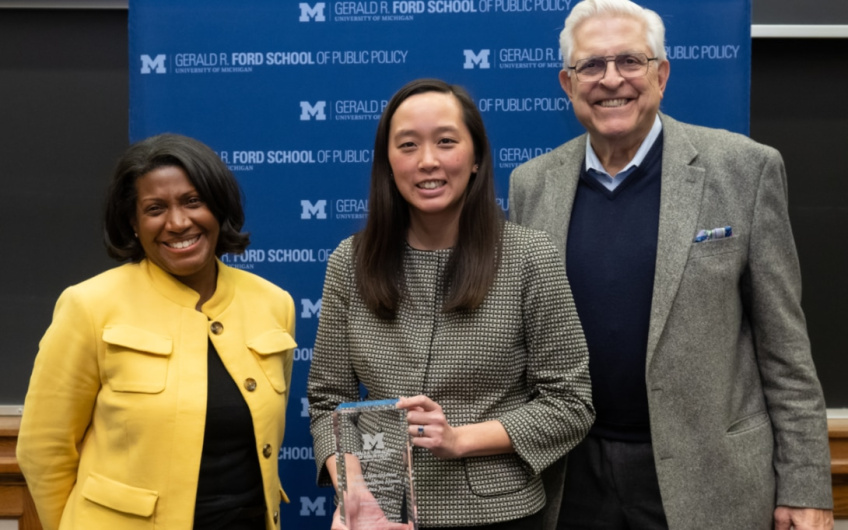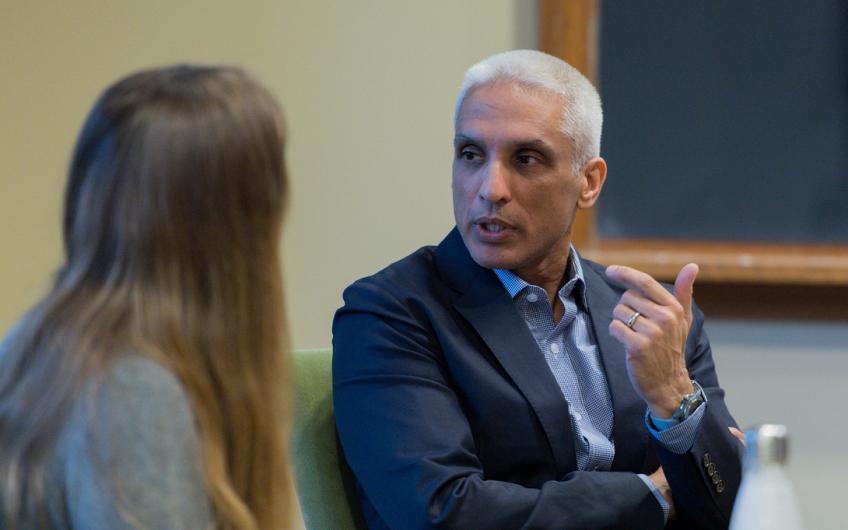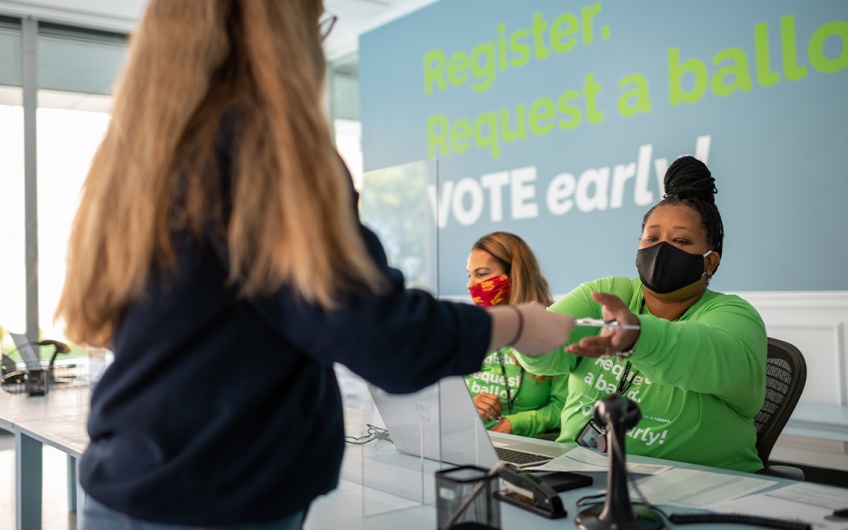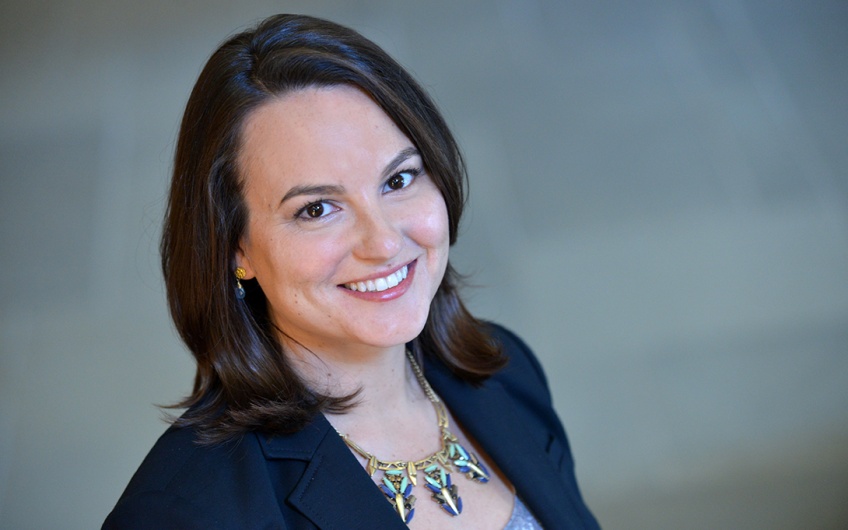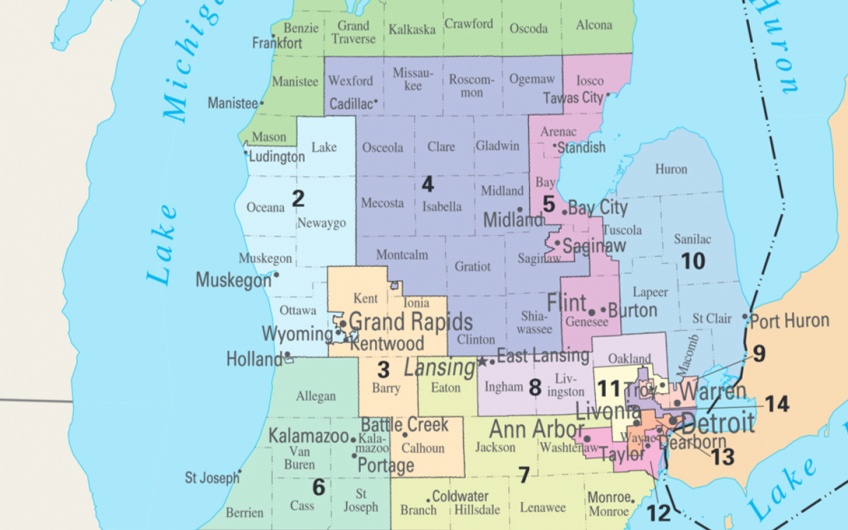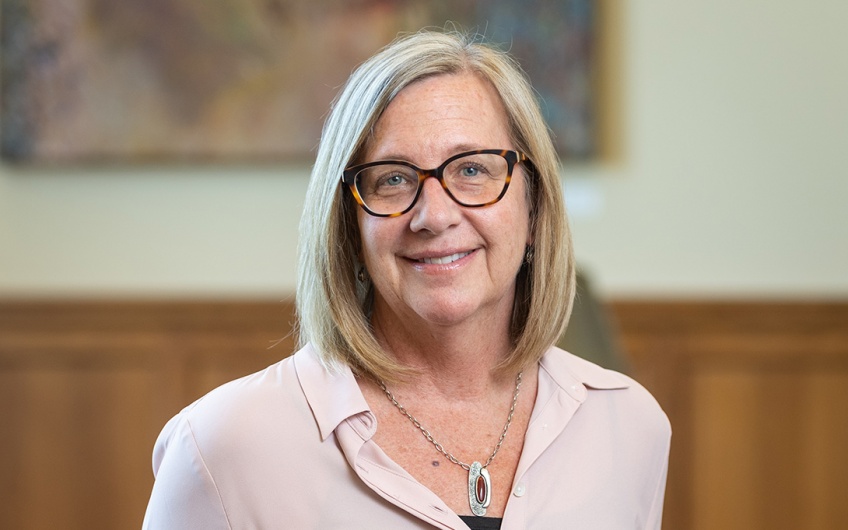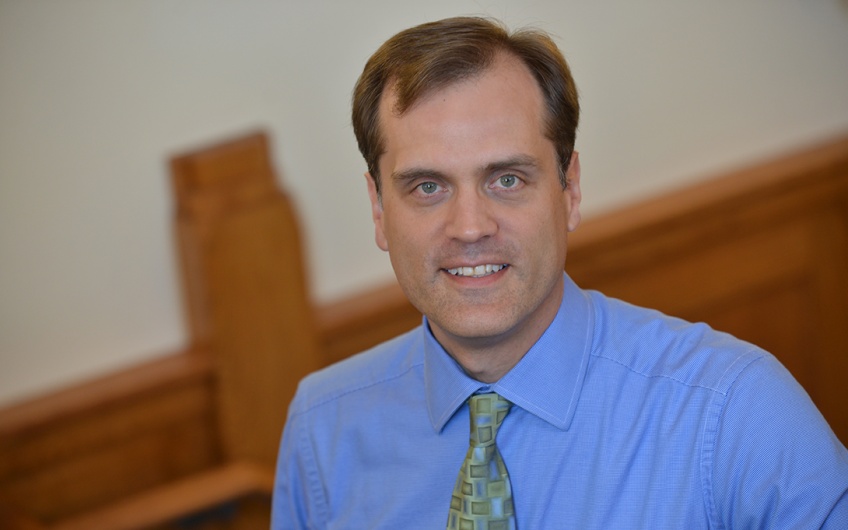Resilient Democracies
Freedom of the press and a healthy information ecosystem. The rule of law. Free and fair elections. Government of the people, by the people, and for the people. Separation of powers. Respect for human rights and fundamental freedoms. Freedom of expression. A healthy multi-party system. These are fundamental aspects of our democracy, and they require work, reform, and commitment to uphold them.
At a time of growing threats to our democratic institutions and growing fractures in our society, the Ford School honors the legacy of our namesake president with an initiative designed to bring people together across differences, uncover and elevate practices that make democracies strong, and rebuild key democratic norms.
Resilient Democracies is a Ford School initiative that includes a best-in-class, innovative expansion of democracy-based curriculum and research, civic engagement opportunities, and public events to help us meet this urgent moment, and help shape a more peaceful nation and just world.
The right to vote is at the very foundation of our American system and nothing must interfere with this very precious right.”
President Gerald R. Ford, for whom our school is named, extended the 1965 Voting Rights Act in 1975
Abundance community read

“Abundance, as we define it, is a state. It is the state in which there is enough of what we need to create lives better than what we have had.”
— Abundance by Ezra Klein & Derek Thompson
The Ford School Community Read is an annual opportunity for students, faculty, and staff to engage in a shared intellectual experience. Our inaugural book selection, Abundance, offers a provocative and hopeful exploration of how we can address some of America’s most pressing challenges—from housing and transportation to energy, health care, and the public institutions that shape them.
Through classroom discussions, public events, and student-led workshops, Abundance will serve as a catalyst for conversation and action throughout the academic year. The book champions an "abundance mindset"—a framework rooted in optimism, critical thinking, and creative problem-solving—skills our students are already cultivating through internships, coaching, and coursework.
Join us in thinking big—and building toward what’s possible.
Events
View allUsing the arts and 'awe' to guide public policy
Jenna Bednar
Speakers on democracy
-
One Nation, Divergent Views: A Pre-Election Roundtable Oct 23, 2024
-
Kasich and Bullock: Democracy and Civic Discourse Oct 9, 2024
-
E.J. Dionne: The 2024 Election Dynamics and Strengthening Democracy Beyond It Oct 17, 2024
-
Stacey Abrams: American Democracy (Dean's Symposium) Apr 12, 2024
-
Jake Tapper - Democracy in Crisis: Views from the Press Nov 3, 2023
-
Whitmer and Wallace: Fireside chat Mar 8, 2023
